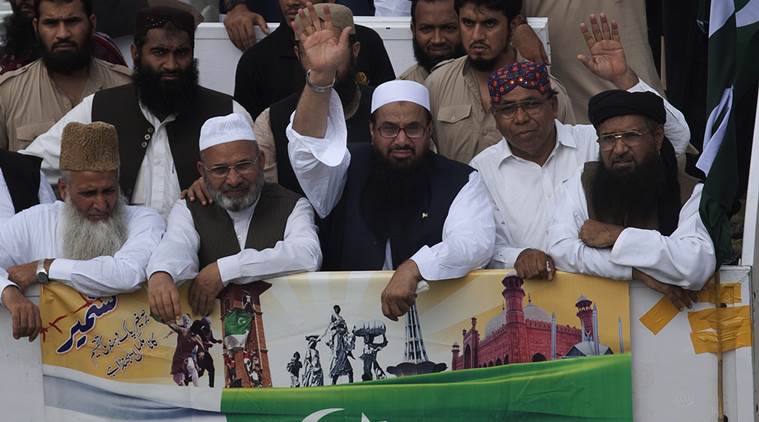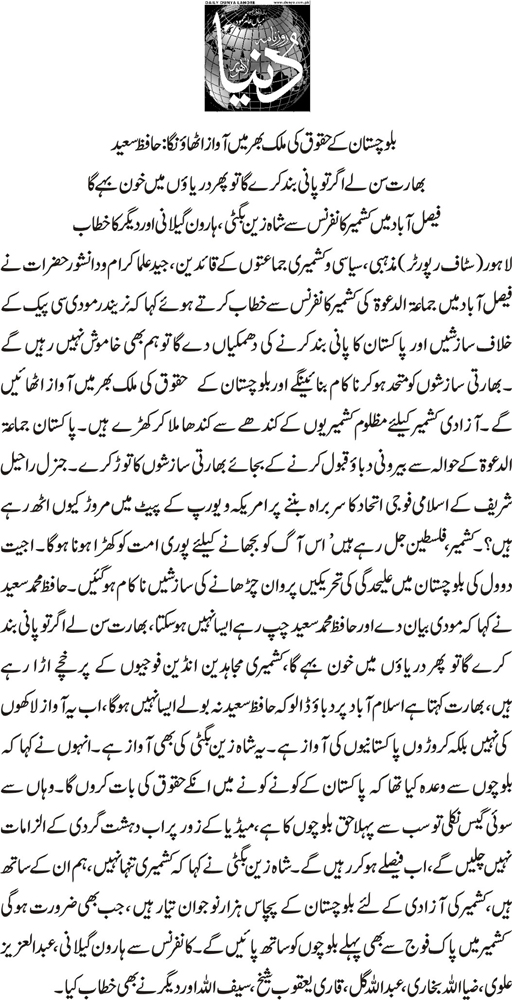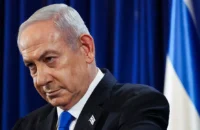NEW DELHI: Pakistan’s spy agency ISI will continue its proxy war against India regardless of any change in its leadership because it needs an enemy, and ISIdefines it as India’s “control over Kashmir”, said German political scientist Hein Kiessling, who spent 13 years in Pakistan researching and interacting with its intelligence and military elites, here on Monday.
Last month, Pakistan’s new army chief, General Qamar Javed Bajwa, had abruptly removed the head of ISI and appointed Lt Gen Naveed Mukhtar as director-general replacing Lt Gen Rizwan Akhtar.
The ISI, under any leadership, would continue supporting Kashmiri separatists and run terror camps in POK to keep the conflict with India alive, Kiessling said here at Observer Research Foundation, while launching the Indian edition of his book ‘Faith, Unity, Discipline: The ISI of Pakistan’. The book was first published in German in 2011.
The ISI, he said, “is flexible” and could increase or decrease the “intensity” of the proxy war and even change its strategy in Kashmir to advance its hostile relationship with India. But the ISI will not cease to focus on Kashmir and Afghanistan, he claimed.
Kiessling said he personally believed Kashmir could be resolved within the status quo framework, which incidentally is the Indian position too. “But I shut my mouth,” Kiessling said, after he received unfavourable reactions from the ISI in Pakistan.
The German historian, who lived in Pakistan between 1989 and 2002, saw some of the country’s significant shifts from military rule to democracy and back, and from a nuclear power to a failed state. His book covers ISI’s origins, failures, successes and its latest machinations domestically and foreign interventions in Kashmir and Afghanistan.
One of ISI’s biggest weaknesses is that it doesn’t take into account the geo-political situation, Kiessling said. “Its analysis is poor,” he said, adding that a former top ISI official believed the “conspiracy theory” that “9/11 was an inside job”. Kiessling said it was impossible that top ISI officials were unaware of 9/11, bin Laden’s hideout in Abbottabad, Raymond Davis case and the Mumbai attacks.
“I believe Gen Musharraf may have known something about 9/11 if not the specifics. They did not report it to Washington the way they should have,” he said. 26/11 could not have happened without the knowledge of the Pakistani COAS, Kiessling added.
Expressing concern over religious radicalisation of ISI and Pakistani Army, Kiessling said, “It has entered the larger society of Pakistan and it is very difficult to root it out now.”
Stay updated on the go with Times of India News App. Click here to download it for your device.





























One Comment